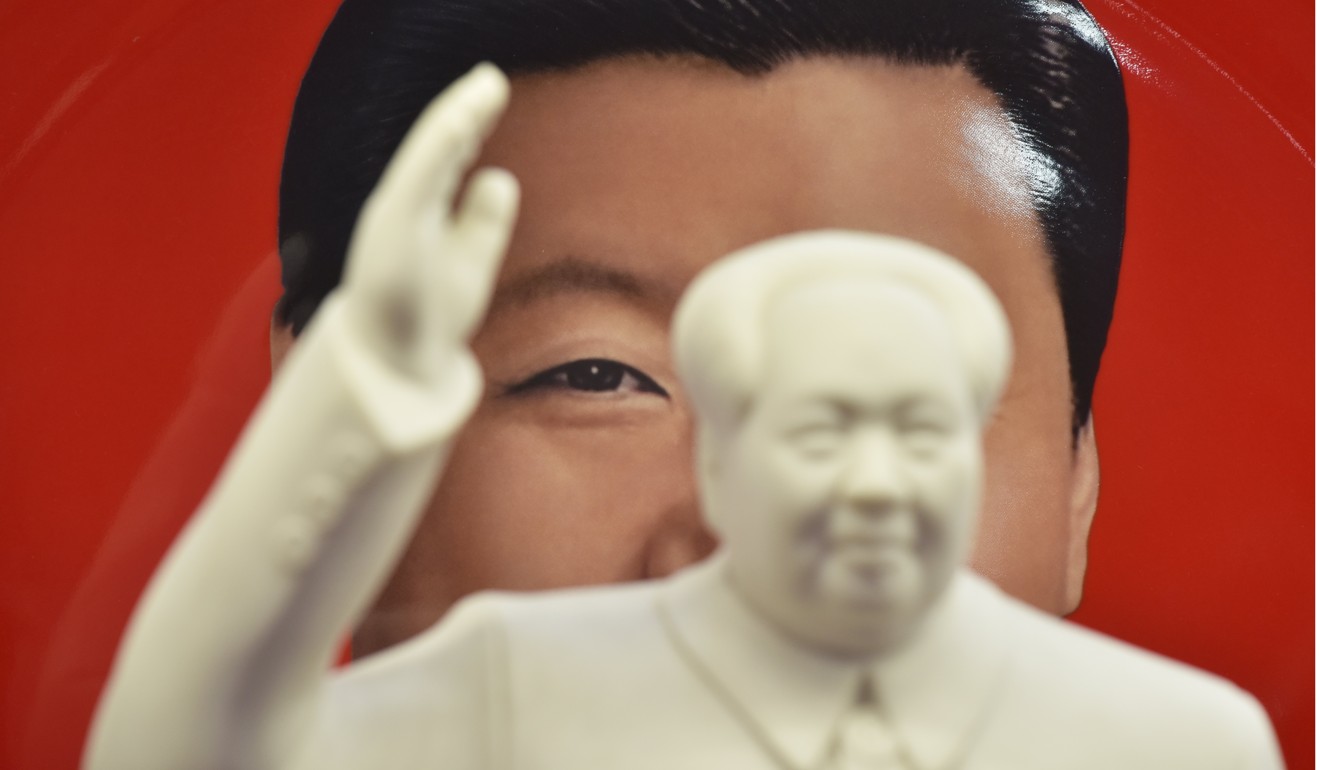Advertisement
Advertisement

Letters | Macau has a national security law, but no democracy: why should Hong Kong expect any different?
- The Communist Party has full control over the country. Would it be willing to loosen that control?
I refer to John Yau's letter, “Democracy in Hong Kong is only possible when Beijing’s trust is won” (November 13). There are too many naive Hongkongers like your correspondent who believe that Hong Kong will be awarded full democracy and freedoms after wholeheartedly supporting Beijing.
Let’s put ourselves in the Communist Party’s shoes. But before that, we may refer to the current situation in the mainland. In March, the National People’s Congress passed amendments to the national constitution that removes the term limit for the president and essentially confirms one-party dictatorship, with no democratic rights given to Chinese citizens. It is a signal that the party has no interest in political reform.

We may conduct a thought experiment for the party. Let’s say that one day, all Hongkongers vote for their chief executive and all Legislative Council members, breaking the myth that democracy destabilises a society. The citizens of mainland China then realise that the people should have their say in government and demand democracy. The voices of the citizens gain momentum and Beijing is eventually forced to grant full political rights to its people – a promise dishonoured for almost seven decades, since the fall of the Kuomintang. But, is the Communist Party willing to start the democratisation process and thereby risk a loss of power?
Your correspondent should also have a look at Macau. The government of Macau has passed many laws on national security, much based on Article 23 of their Basic Law. Also, the pan-democrats in Macau have limited influence on the policymaking process. Can all citizens of Macau vote for their chief executive and for all seats in their Legislative Assembly? If obedient citizens like those in Macau cannot enjoy universal suffrage, do not expect that it will happen for us.
During general elections for my university’s student union, I told the proposed cabinets that democratisation of China as a whole is key to the progress of genuine universal suffrage in Hong Kong. My argument was driven not so much by patriotism but by political reality – the Communist Party has full control over the country. Would it be willing to loosen that control?
Henry Wong, Kennedy Town

Post
